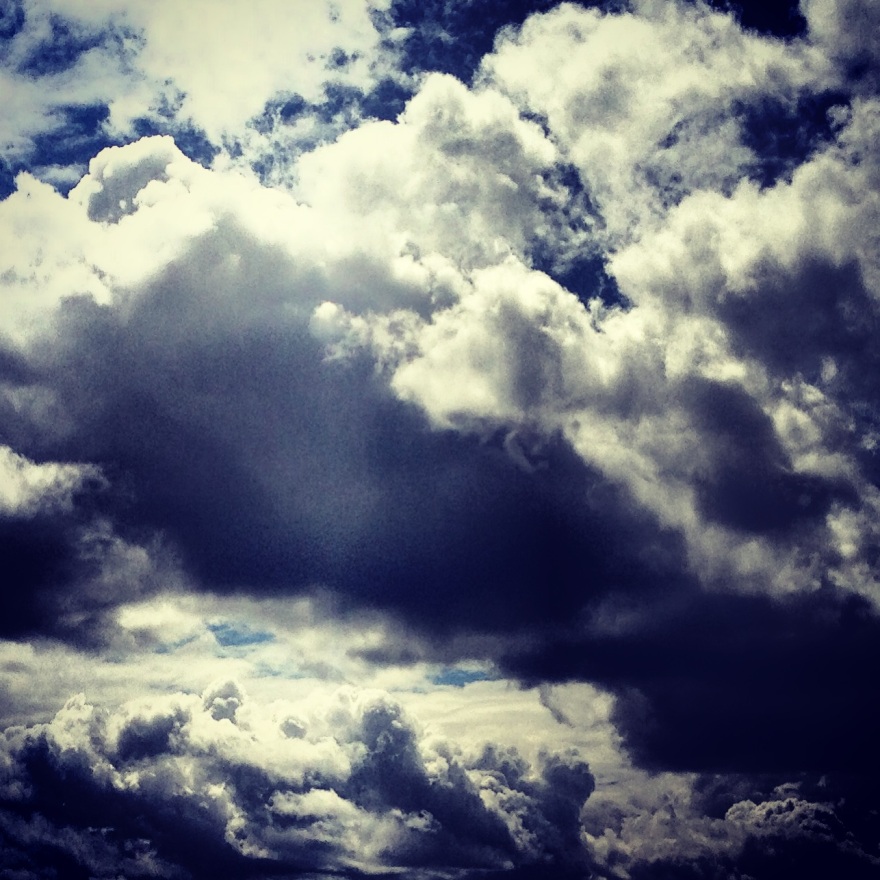Reports surfaced early last week that hundreds of people, perhaps as many as 2000, were massacred by Boko Haram forces in northern Nigeria, near the Chadian border. Boko Haram, a militant, extremist Islamic separatist movement that is classified as a terrorist organization, is responsible for thousands of deaths since its emergence in 2009. In April 2014, Boko Haram kidnapped 200 schoolgirls, reportedly to make them wife-slaves; those girls remain unaccounted for and hundreds more women and children have been imprisoned and enslaved since.
Recent reports out of northern Nigeria indicate Boko Haram is using kidnapped girls as suicide bombers.
Why am I telling you this?
Because so few are talking about it.
Last week, I raged, I posted on Facebook, I tweeted, I trolled the internet for information. NPR, through the indomitable reporting of Ofeibea Quist-Arcton, as well as syndicated shows Here and Now and On the Media, has done an admirable job of keeping the Baga Massacre in the news; British media, including the BBC and print media The Guardian and The Independent, are producing the most audible, visible, and compelling reports and narratives. Yes, the Bring Back Our Girls campaign raised awareness during the initial days of the schoolgirl hostage crisis last year, but interest waned as time wore on and both captors and victims remained faceless, hopeless headlines. Headlines that grew smaller and have all but disappeared.
Why am I telling you this?
Because little girls are being forced to blow themselves up.
Because little girls are being forced.
Because little girls.
I believe that lifting up women and girls—ensuring access to education and health care, providing freedom from oppression, delaying the age of first childbirth, promoting engagement in their country's economic system—is the single most important way to end poverty, improve a country's economic and political stability, and yes, even combat religious extremism and terrorism. Ample evidence of this—across cultures, nations, ages—is borne out by statistical research, surveys, white papers, dissertations, and by those who work tirelessly in shelters, refugee camps, schools, hospitals, non-profits and NGOs around the world. We know what to do. Corruption, misogyny, greed, extremism, and lack of political and popular will stand in the way.
But now it not the time for my opinion. Now is not the time for me to tell you why stability in Nigeria is critical to American political and economic security. You can read about that for yourself. I posted a few links below that I hope you find useful.
I don't know what can be done to help those women and children in Nigeria; nothing can be done to bring back the lives of those slaughtered. But I do know that we can all contribute to projects which work for women's and girl's empowerment. I've included links to few of those below, too.
On a day when we honor one of the world's greatest human rights activists, can I ask that you read something about what's happening in Nigeria? Can I ask that you stand up for the right of women and girls to be free from violence, no matter where they live? It doesn't have to be Nigeria. It can be the women's shelter across town. You are needed.
Understanding the history of Boko Haram & Northern Nigeria
Northern Nigerian Conflict, James Verini, National Geographic, November 2013.
The Ongoing Horrors of Boko Haram with journalist Alexis Okeowo, On the Media NPR/WNYC, January
The Kidnapped and Enslaved
Missing Nigeria Schoolgirls: A Chronological Storyline NBC News
Baga Massacre
New Reports Show Unprecedented Horror in Nigeria's Baga Massacre, Lizabeth Paulat, Care2
Satellite Images Only Source Showing Extent of Baga Massacre, Victoria Richards, The Independent, January 15, 2015
Media Reaction to Baga
Is The World Ignoring Nigeria? Here and Now, Robin Young and Jeremy Hobson, NPR/WBUR January 16, 2015
Why Journalists Don't Seem to Care About the Massacre in Nigeria Mark Hay, GOOD Magazine January 13, 2015
What the United States is Doing to Improve Security and Stability in Nigeria
U.S. Efforts to Assist the Nigerian in its Fight Against Boko Haram
What Can I Do?
Mercy Corps: Why Women Are Key to Building Resilience: Projects in Mali, Niger, Nigeria
There are dozens of organizations that support women's empowerment around the world. Here's a great list compiled by Half the Sky Movement: Organizations Devoted to Women's Empowerment Projects

